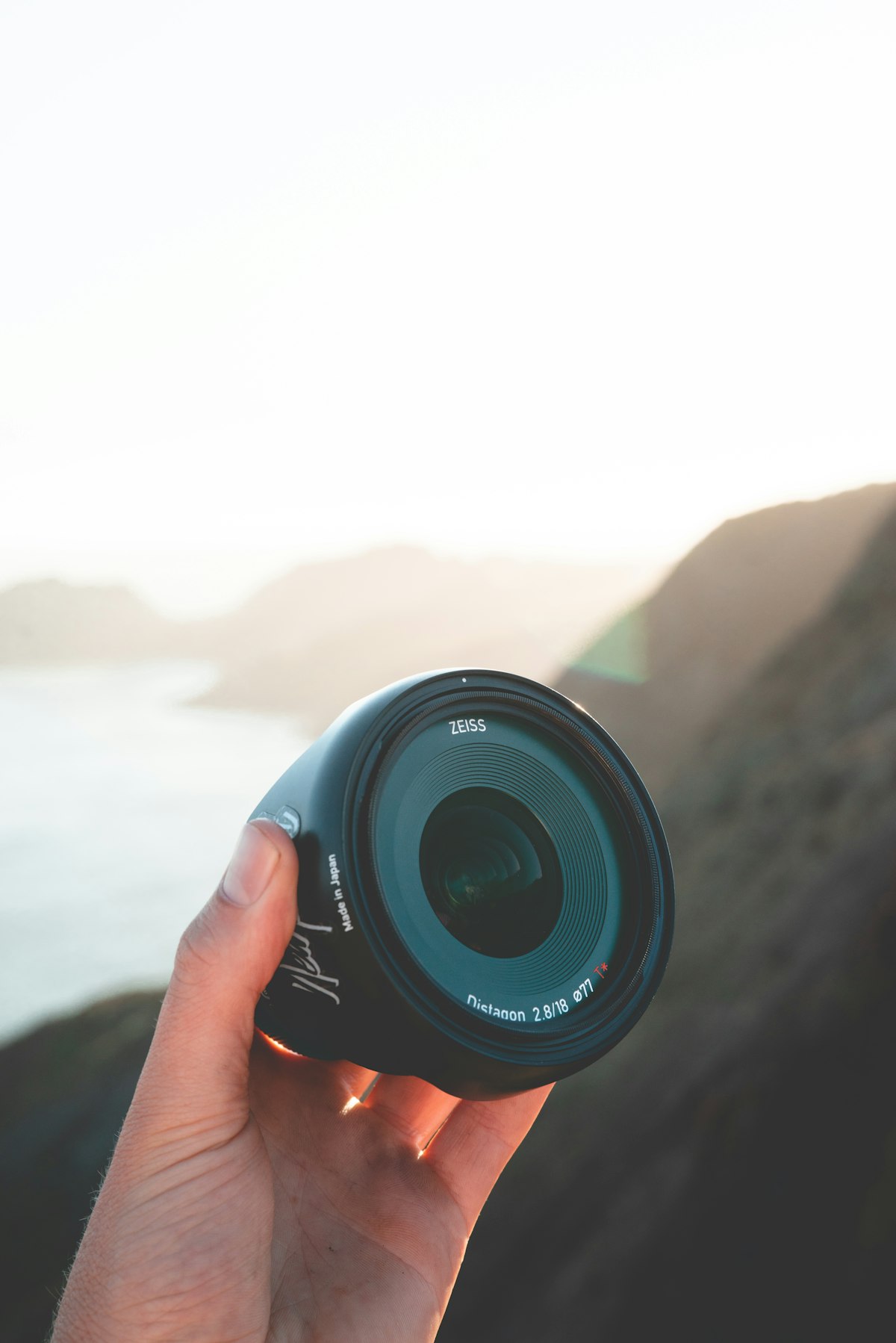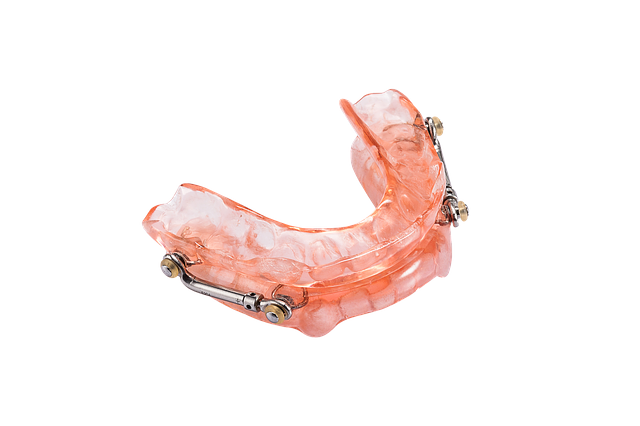Sleep apnea is commonly no diagnosed in those that suffer from it and has a variety of consequences. With this condition, the breathing is hindered by a collapse of the air passage at the back of the throat. For more information about this harmful and even fatal condition, keep reading.
A corrective mouth guard for sleeping hours can do wonders if your condition is due to airways that are naturally narrow. These gadgets correct your alignment, letting you breathe easily and normally throughout your sleeping hours. Ask your doctor to help you get fitted for a mouth guard.
In order to improve sleep apnea, eliminate some bad habits from your life. As with many other health problems, alcohol and tobacco will worsen sleep apnea. Your respiratory system will not be happy with you if you drink all the time. Cigarettes inject carcinogens into your respiratory system. You will notice a decrease in sleep apnea symptoms by quitting these habits.
Get through sleep apnea by consulting with your practitioner about getting a CPAP machine. You need to take into consideration both the machine size and audible volume. Some CPAP machines are small and are quiet. Your physician will be able to guide you to good CPAP manufacturers.
Don’t drink a lot of alcohol. Alcohol is a natural muscle relaxant. While this is often considered a desirable effect, it can lead to sleep apnea. Because alcohol relaxes your throat muscles, your airway is harder to control. If you’re not going to give up alcohol, then just don’t do it right before bedtime.
Try to sleep on your side instead of your back to breathe easier when you sleep. Sleeping on the back can cause air passages to constrict. Give sleeping on your side a try, and see if your symptoms improve.
Sleep apnea generally is diagnosed by studying your medical and family history and having a thorough physical exam. Also, your doctor may want to try a sleep study on you. Depending on the results, you may be referred to a specialist.
Don’t take sleeping pills if you can avoid it. Sleeping pills are similar in a way to alcohol because they may relax the muscles in your throat. They can also make other problems associated with sleep apnea worse. Ask your physician about sleeping aids that are free of harmful effects or risks to your night-time breathing.
It’s vital that you don’t use any type of sleeping pill when you suffer from sleep apnea. These pills can cause your throat muscles to relax and keep your airways from properly functioning. These can cause more harm than good, even if you just want to get to bed sooner.
If you can, sleep on one of your sides. Sleeping on your back is attributed to a lot of people who suffer with sleep apnea. Your airway can get blocked if you sleep on your back. Side-sleeping can improve your breathing. If you think you might roll over anyway, try a wedge pillow.
In an effort to better diagnose your apnea problem, your physician might want you to maintain a sleep log. You will record the time you go to sleep and wake up, whether you woke up during the night and how you felt when you woke up each morning. If your sleeping partner is telling you that you snore or jerk in your sleep, you may have sleep apnea. This type of data can help your doctor diagnose the issue.
Sleep apnea is diagnosed through a medical exam and consideration of your and your family’s medical history. Also, your doctor may want to try a sleep study on you. Depending on the results, you may be referred to a specialist.
If you wear a CPAP for your sleep apnea symptoms, but are still bothered by your mouth opening when you try to sleep, get a chin strap. This minor fabric piece and make sure that your chin stays up and your mouth closed. CPAP devices don’t work well when your mouth is wide open, so this device can help.
Your physician may want you to write in a log or journal about your sleep, in order to check to see if you have sleep apnea. The intent is for you to record both the overall amount of sleep you get and any unusual symptoms or incidents that occur. You can ask your spouse or a family member to let you know you how often you snore at night. That helps the physician determine whether your symptoms are, in fact, sleep apnea.
Sleep Apnea
If you suffer from sleep apnea and must go to the hospital, make sure your CPAP is with you. It’s important to have your familiar mask and machine available in the hospital, whether you’re there for a planned visit or an unplanned emergency. It will be a lot easier and more comfortable if you bring yours instead of using one at the hospital. You’ll be able to resume your CPAP therapy much easier by having these things in the hospital with you.
If you suffer from sleep apnea and require a CPAP machine, make sure you have a medical ID bracelet. If anything happens where you require medical attention, those assisting you need to know about both your sleep apnea and the CPAP. Your ID should include your use of CPAP and the pressure level at which your CPAP must be set.
While you should always see your doctor to be diagnosed with sleep apnea, there are self-help options you could try. Avoiding smoking and losing weight are good for anyone, but especially those with sleep apnea. You will definitely want to stay away from alcohol and caffeine, along with late night heavy meals before going to bed.
Make sure your CPAP comes with you when you need to go to the hospital. Be it an intended or emergency room stay, you must always have access to your CPAP and the mask when you suffer from sleep apnea. The machine that you bring will help you find comfort at the hospital because it is the one you always use. These things will make it much easier to continue your CPAP therapy while you are hospitalized.
If you want a way to reduce your chances of getting sleep apnea, strengthen your throat muscles. When you sleep, your airway relaxes and collapses and you cannot get enough air through. The muscles will slowly become stronger, which means that they won’t collapse as often when you sleep, which in turn improves airflow.
If you suffer from sleep apnea, do not underestimate the power of losing a few pounds. Sleep apnea is linked to people who are overweight. Losing some weight can help improve the amount of air you can take in.
Completing some throat exercises allows you to reduce your snoring during the night when you have sleep apnea. In studies, wind instruments have proven beneficial to reducing the symptoms associated with sleep apnea. This new method will help you control your airways.
Avoid alcohol when you have sleep apnea. Alcohol consumption relaxes throat muscles beyond normality and can block an airway. Limit drink consumption to no more than two or quit drinking completely prior to bed. You will make sure that your sleep is not affected by the alcohol.
A large number of sleep apnea sufferers sleep on their backs. A change in your sleep position can often help your breathing at night. It has been shown that the tongue and palate fall toward the back of the throat when people sleep and this can obstruct the airway.
Don’t sleep on your back if you have sleep apnea. Being on your back can compress your airways, leading to breathing problems that wake you up. You could try sleeping on your side or in a semi-reclining position propped up with pillows.
If you are tired often and long term, your sleep apnea feeds itself into getting worse. To deal with this problem make sure that you have a set sleeping schedule. Go to bed and wake up at the same times every day and stick with it. This can keep your sleep apnea condition from evolving into something even worse, such as complete insomnia.
Do your research to find out how this sleeping condition is affecting your life. Just keep in mind that the best way to get a definitive sleep apnea diagnosis and set out an effective course of treatment is to speak with a medical professional.
Sleep apnea sufferers should not drink alcohol prior to sleeping. Alcohol causes respiratory depression, which decreases airflow, thus causing more sleep apnea episodes during the night. It is not necessary for you to totally stop drinking, but you should not have any prior to going to bed.
A lot of people wish to figure out latex foam pillow
Hospital mattress protector,mattress and box spring encasements, but have a little trouble fully understanding them. Thankfully, this piece has given you information to help you do it. Now implement the advice you’ve just read.












